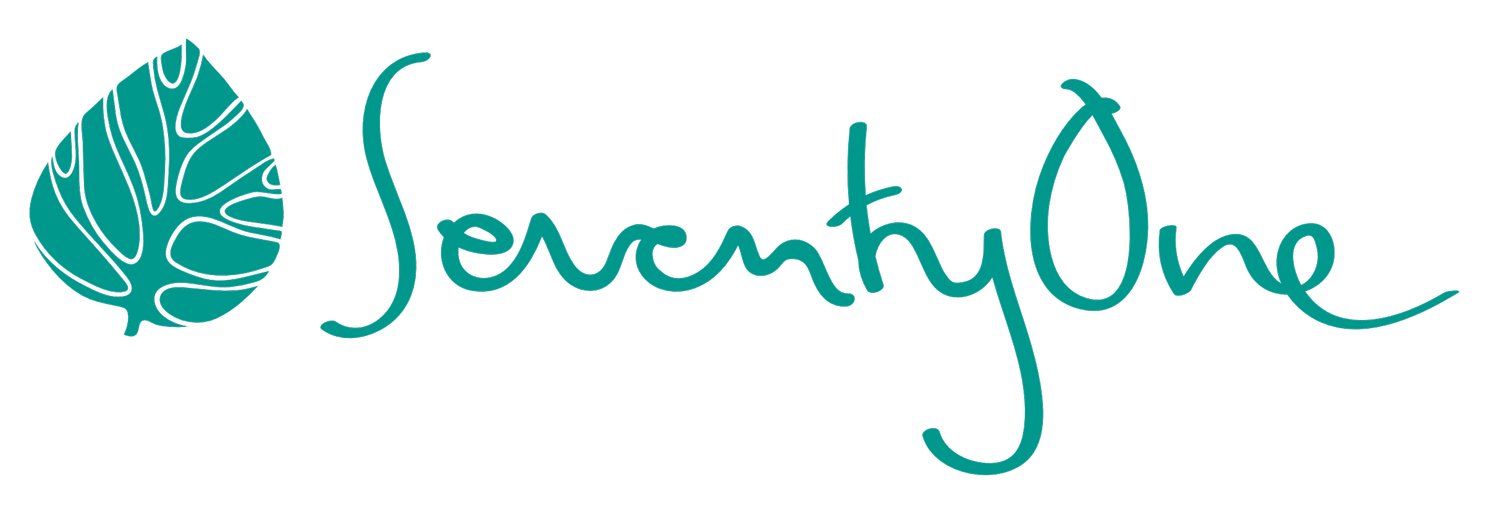What is more critical in a startup, Tech or Product?
The shocking revelation is… that great product companies are great at Continuous Delivery. And excellent product organisations are dependent on it. Not an easy thing to say since I specialise in Product management myself. But seeing things for what it is helps us become greater leaders.
Why your release cadence matters.
I think I have been a bit spoiled and taken great tech foundations for granted. When I started working at a startup without Continuous Delivery, I realised how limited my contribution was as a Product Manager. All the ideas I wanted to test, all the fixes for problems customers were experiencing, and all the excellent product practices I had been promoting were suddenly less effective than before!
Why is that? I can, with 100% certainty, say it's because of long release cycles. It severely impacted our speed of innovation, experimentation and providing value to our customers. There was so much at stake with an extended-release cadence where we released new updates every quarter or sometimes even less.
By instinct, it was the very first thing I tried to improve, even if it was not part of my responsibility. I was not aware of it at that time. I have gotten so used to working in agile environments that I didn't reflect on it. I forgot that a key defining factor for Agile was Continuous Delivery, a concept I once read about in a book by Jez Humble and David Farley a long time ago. Now, after some reflection, I realise how an agile environment is also a key factor for practising outstanding product leadership. Funny enough, I heard Marty Cagan say the same in this presentation, which I ran into a few days ago.
Doing Product Management without a fast feedback loop is like cycling on a bicycle with square tires.
From 'Nice-to-Have' to Essential: The Substance of Autonomy
The second thing I tried to improve was autonomy. I noticed a need for leadership and autonomy in the tech teams. Decisions on tech solutions were dependent on a few busy Engineering Managers. When they were not in the meetings, no decisions were made. It became a vicious loop where these high-in-demand EMs focused on coding instead of leading and became more busy. Things came to a slowdown. The path ahead was to break the dependency by coaching the developers in the teams so they could make tech decisions on their own. But despite trying my best, I failed to convey the importance of fostering leadership skills to these EMs and helping them realise the only way forward was to create a culture of autonomy and break this dependency on them. The responsibilities of an individual contributor and a manager role were very different. Unfortunately, the EMs were stuck in their IC role, and it was hard for them to think long-term and to promote autonomy.
Autonomy can sound very fluffy, and you might not see the immediate effect of it. Eventually, you put it in the 'nice-to-have' bucket. Hearing people talk about it, you might dismiss it as one of these words people in big, great product companies and highly agile environments throw around but lack substance and value. But autonomy is probably one of the factors that got these successful companies where they are! A small company of 5 people don't have to think about it. But I would argue that as soon as you hit 20 people, sub-teams will start to form. At such a breakpoint, we must start thinking about leadership and ways to foster autonomy to avoid communication problems and slowdowns. In today's market, speed is of great importance for growth. Autonomy can improve your speed.
With experience, I have a much more humble perspective on my role as a Product Lead. My recommendation for startups is to ensure they can continuously do product releases every 2-3 weeks before considering hiring senior product leaders. I’m not saying that product leads are not important. But often, a startup already has co-founders or founders filling in the product lead role. And I also hope that after reading this article, you can be convinced to value autonomy as a 'Must-Have' in your organisation. It will not only make you faster, it will also foster more happy employees and help you attract great product leaders.
Nhan Ngo
Do you have any questions? Contact Nhan.


